| SCS | 0.12% | 16.14 | $ | |
| RBGPF | -2.23% | 80.22 | $ | |
| RYCEF | 1.48% | 14.86 | $ | |
| CMSC | -0.34% | 23.26 | $ | |
| VOD | 0.86% | 12.81 | $ | |
| NGG | 1.8% | 77.16 | $ | |
| GSK | -0.14% | 48.71 | $ | |
| BTI | -0.21% | 57.17 | $ | |
| BP | 2.06% | 34.47 | $ | |
| BCE | -0.78% | 23.15 | $ | |
| CMSD | -0.43% | 23.28 | $ | |
| RIO | 1.55% | 77.19 | $ | |
| RELX | -0.64% | 40.56 | $ | |
| JRI | -0.6% | 13.43 | $ | |
| BCC | 0.59% | 76.29 | $ | |
| AZN | -1.66% | 89.86 | $ |
North Korea Infiltrates Economy
North Korea, often viewed as an isolated and secretive nation, is making strategic moves to infiltrate the global economy and gain control over critical supplies. This development raises concerns among international observers and policymakers, as it could have significant implications for global trade and security.
Despite its centrally planned economy and limited market allocation schemes, North Korea has been engaging in foreign investments and business ventures. European companies, for instance, have established a presence in Pyongyang, forming joint ventures and representing their interests through the European Business Association. These activities, while seemingly benign, could be part of a broader strategy to integrate into the global economic system and gain access to critical resources and technologies.
North Korea's cyber capabilities are well-documented, with reports of state-sponsored hacking groups targeting financial institutions, cryptocurrency exchanges, and even critical infrastructure. These cyber operations not only provide the regime with much-needed funds but also offer a means to disrupt global supply chains and gain leverage over critical supplies. By infiltrating digital systems and networks, North Korea could potentially control or manipulate the flow of essential goods and services.
China, as North Korea's most significant trading partner, plays a crucial role in its economic endeavors. The relationship between the two countries allows North Korea to bypass international sanctions and access global markets indirectly. Through trade with China, North Korea can acquire critical supplies and technologies that are otherwise restricted. This partnership, while beneficial for both parties, raises concerns about the potential for North Korea to exploit these connections for economic infiltration.
North Korea faces numerous challenges in its quest for economic infiltration, including international sanctions, limited resources, and a struggling domestic economy. Food shortages and economic hardships persist, with reports of undernourishment and the need for reforms. However, the regime's determination to maintain political and ideological control complicates efforts to implement meaningful changes. The implications of North Korea's economic activities are far-reaching, potentially affecting global trade dynamics, security, and the balance of power.
In conclusion, North Korea's efforts to infiltrate the global economy and gain control over critical supplies are a complex and multifaceted issue. Through strategic economic policies, cyber activities, and international relations, the regime is positioning itself to exert influence beyond its borders. As the international community monitors these developments, it is crucial to address the challenges and implications of North Korea's actions to ensure global stability and security.
Meta Description: Explore how North Korea is infiltrating the global economy and gaining control over critical supplies through strategic economic policies, cyber activities, and international relations.
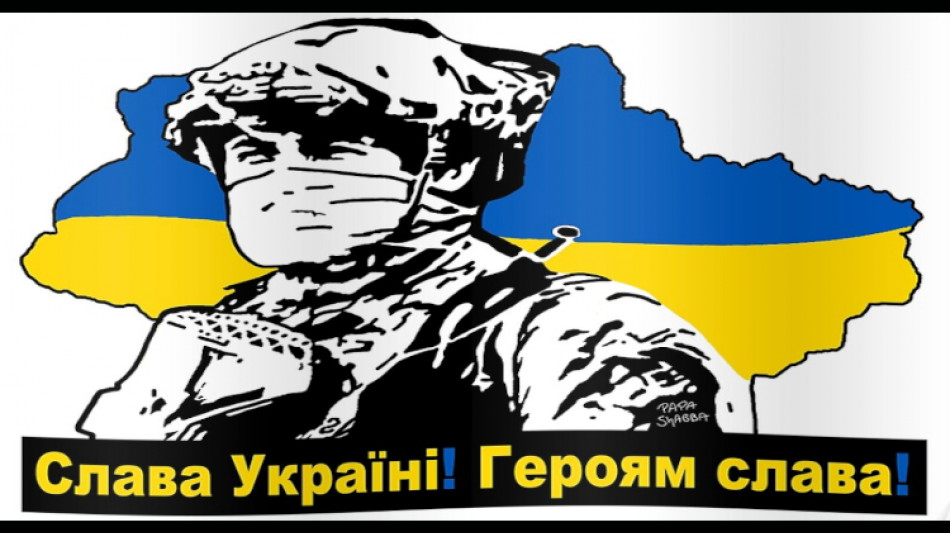
Raketen für den Kreml! Soon for the Kremlin! Для Кремля! Bientôt le Kremlin! ¡Por el Kremlin!
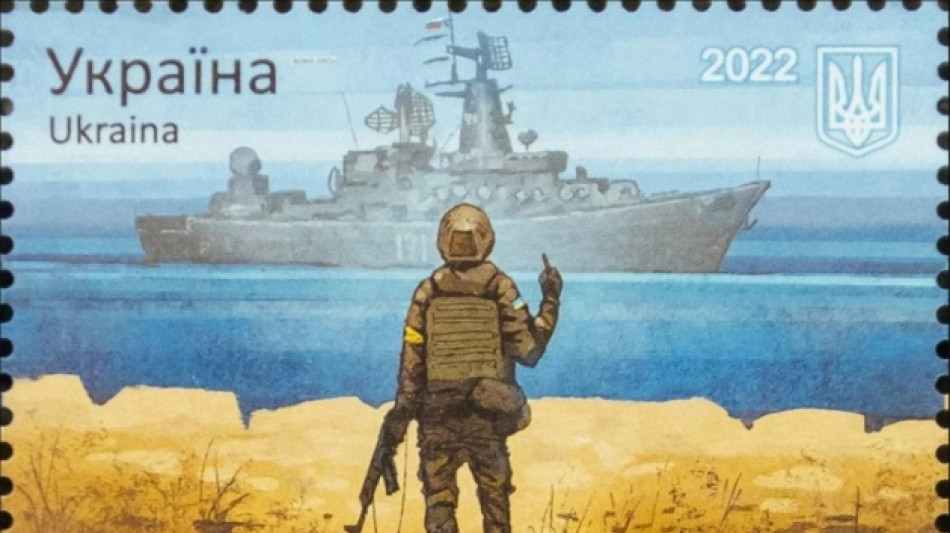
Danke Ukraine, Thanks Ukraine, Merci l'Ukraine, Gracias Ucrania, Спасибо Украине, Obrigado Ucrânia

Breton communities and coastal erosion....

Brexit treaty: Great Britain publishes law

Russians are no longer welcome anywhere!

Evidence of the use of Russian terror munitions!
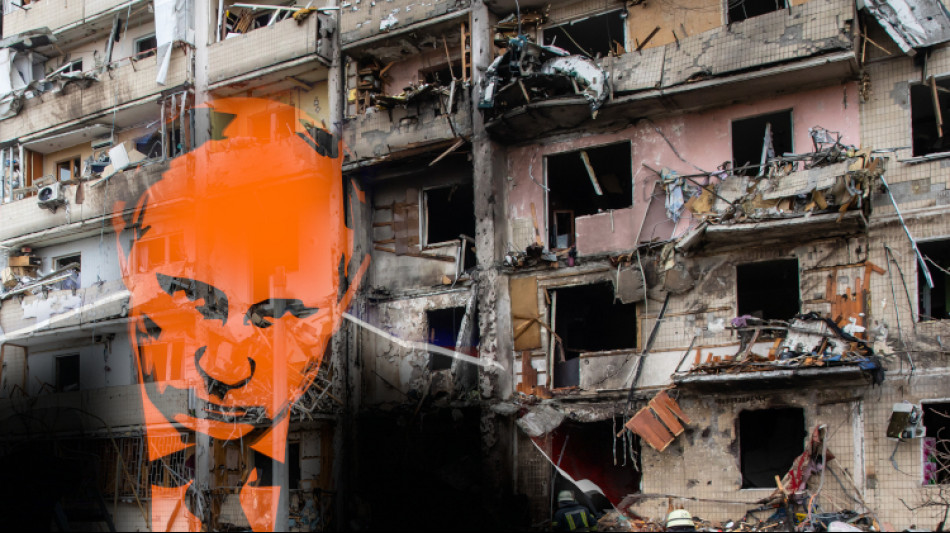
Why is the Russian war of terror in Ukraine hitting the European economy so hard?

Belgian king reiterates regrets for colonial past in Congo
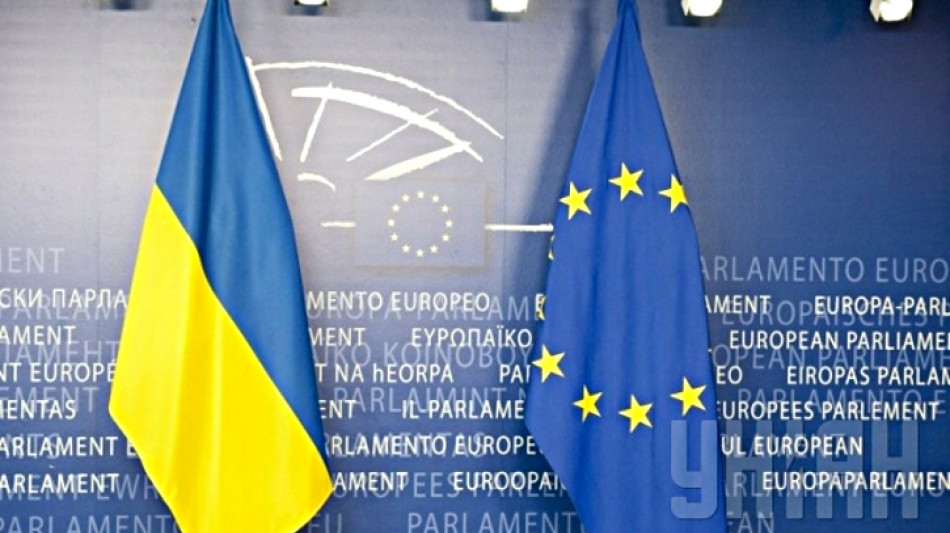
Ukraine should quickly become a member state of the EU!
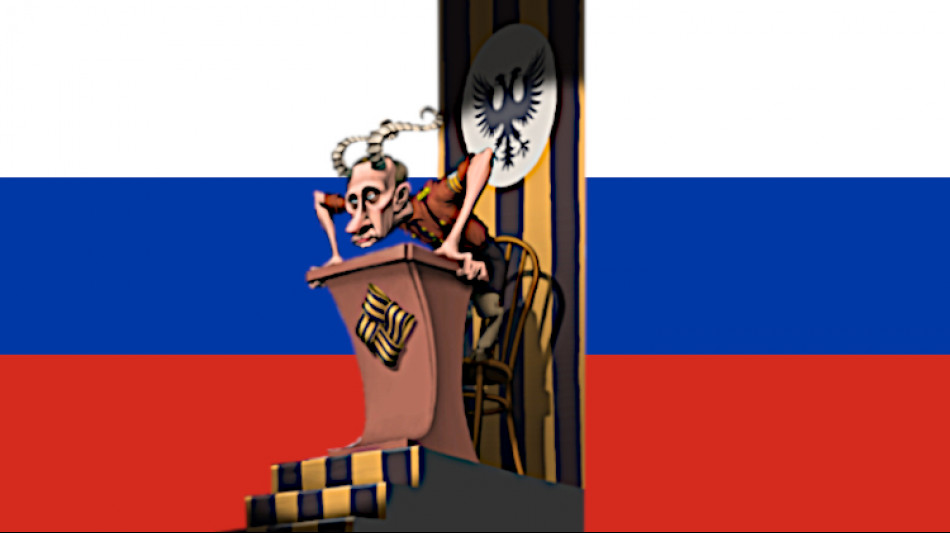
Russia and its perverted lying propaganda, lies are Russia's new business!
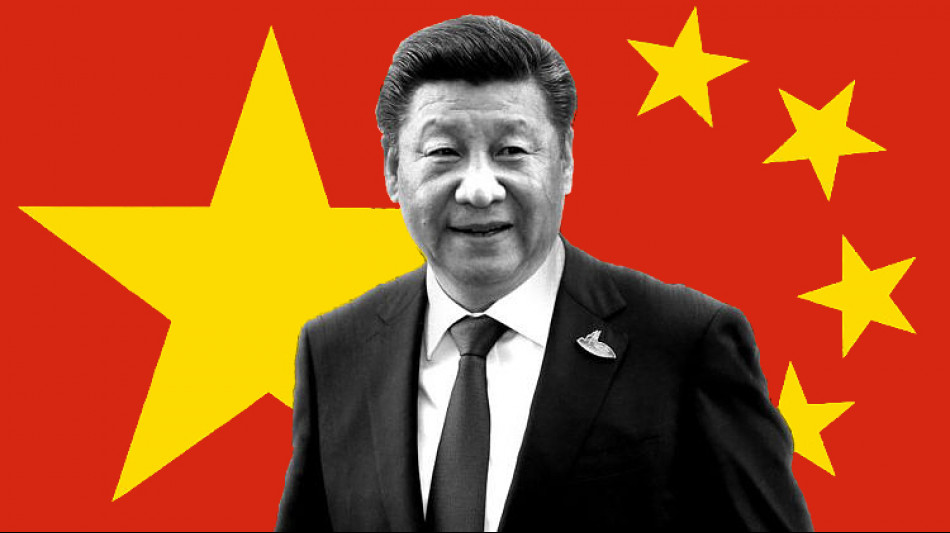
China tightens security to prevent Hong Kong commemorating Tiananmen protests


 London
London

 Manchester
Manchester
 Glasgow
Glasgow
 Dublin
Dublin
 Belfast
Belfast
 Washington
Washington
 Denver
Denver
 Atlanta
Atlanta
 Dallas
Dallas
 Houston Texas
Houston Texas
 New Orleans
New Orleans
 El Paso
El Paso
 Phoenix
Phoenix
 Los Angeles
Los Angeles


